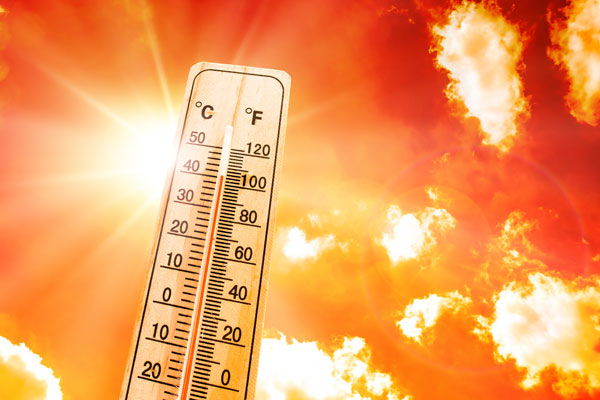Preparing for Net Zero: The Role of Data and Collaboration in Decarbonising Social Housing
Ian Cochran, Head of Consultancy at Changeworks, on how the organisation is supporting housing associations in Scotland to prepare for net zero.
As the UK progresses toward ambitious climate goals, housing associations face the challenge of balancing legislative requirements with the practicalities of retrofitting their housing stock and ensuring tenant comfort.
In Scotland, the delay in the publication of the Social Housing Net Zero Standard (SHNZS) has added an element of uncertainty for many in the sector. However, forward-thinking housing associations, supported by experts like Changeworks, are already taking action to prepare for SHNZS.



















